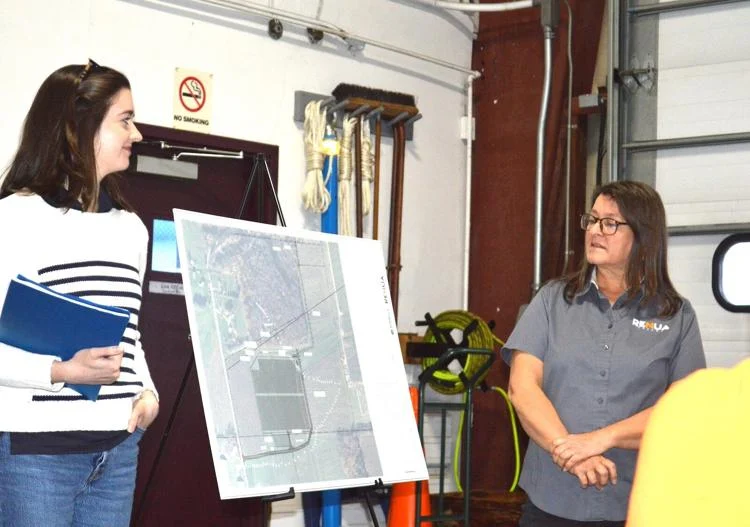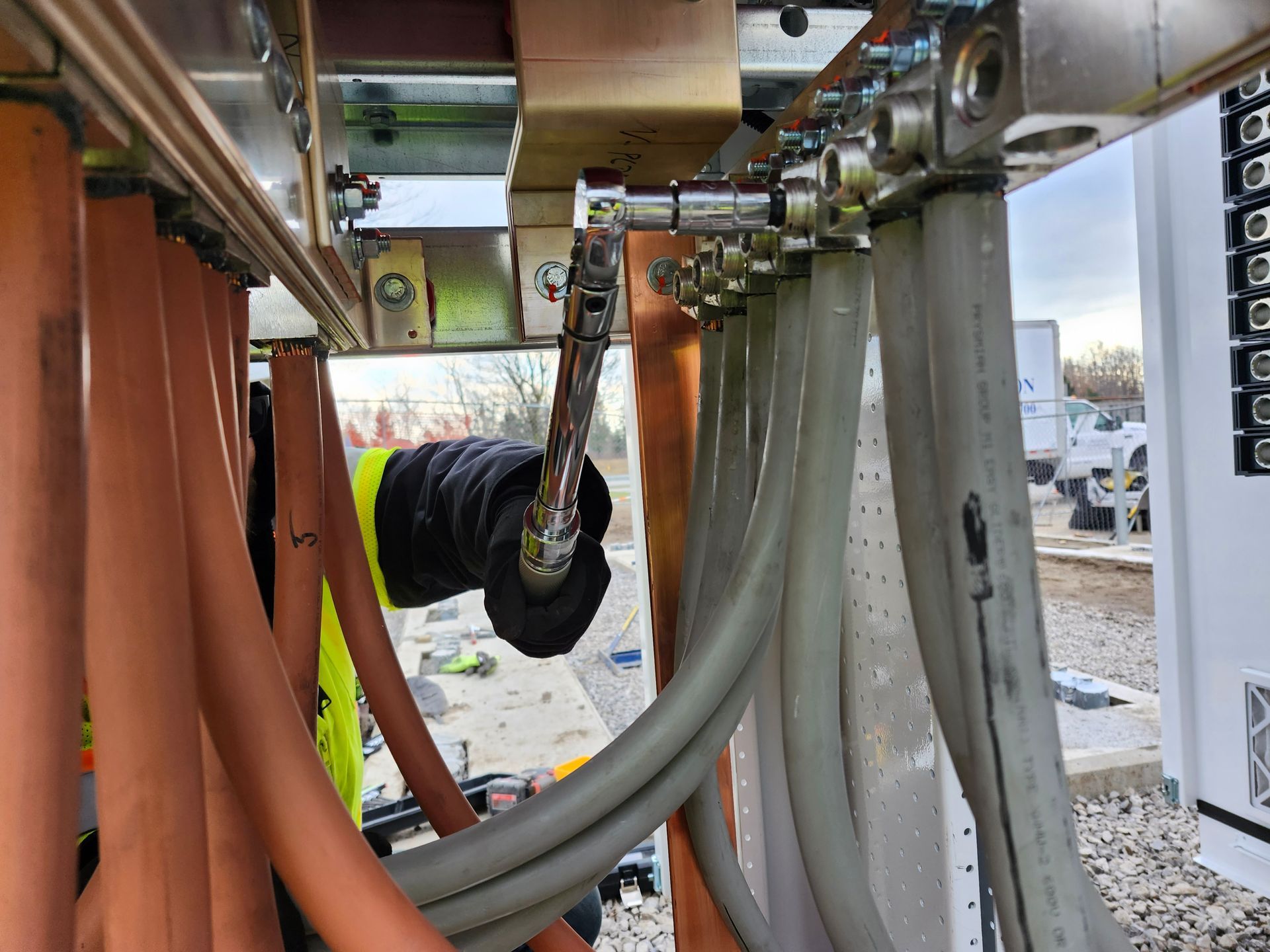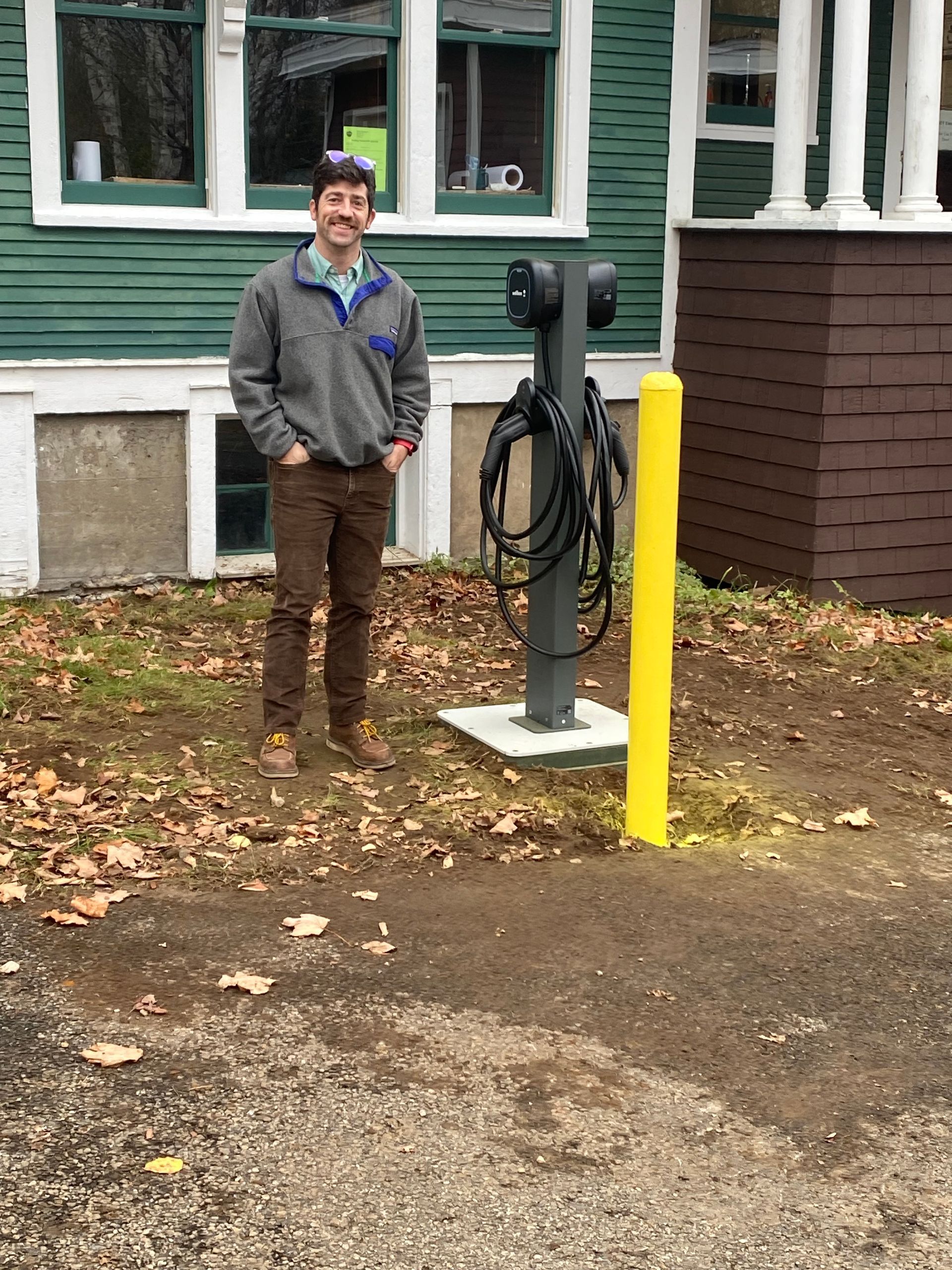Choosing The Right EV Charging Hardware For Retail And Commercial Applications
Renua Energy Keeps it Simple & Productive
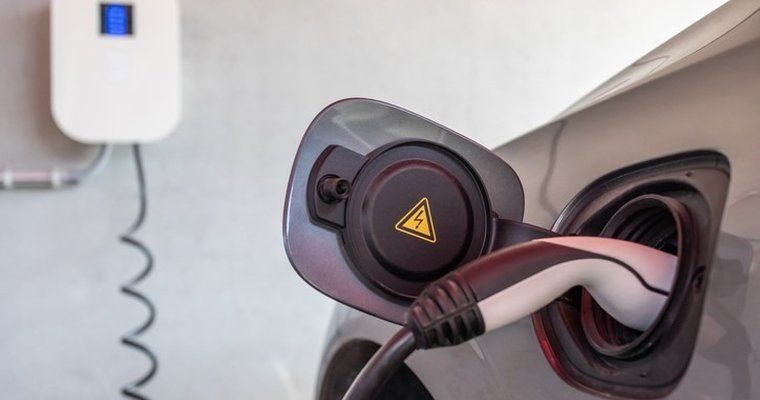
With the rise of electric vehicles, more and more businesses are offering EV charging as a revenue generator and to attract customers. However, choosing the right EV charging hardware for retail and commercial applications can be tricky. In this blog post, we will explore the different types of EV charging hardware and how to evaluate installation requirements for retail and commercial applications. We will also discuss best practices for choosing and installing EV charging stations. By the end of this post, you should have a better understanding of the different types of EV charging hardware and how to choose the right one for your business.
Understanding EV Charging Hardware
When it comes to electric vehicles (EVs), there are a number of reasons to invest in EV charging hardware. One of the biggest benefits is that EV charging hardware can help to reduce emissions from your business. By using EV charging hardware, you can help to reduce the amount of carbon dioxide that is released into the atmosphere. Not only does this make a big impact on climate change, but it also has monetary implications for your business.
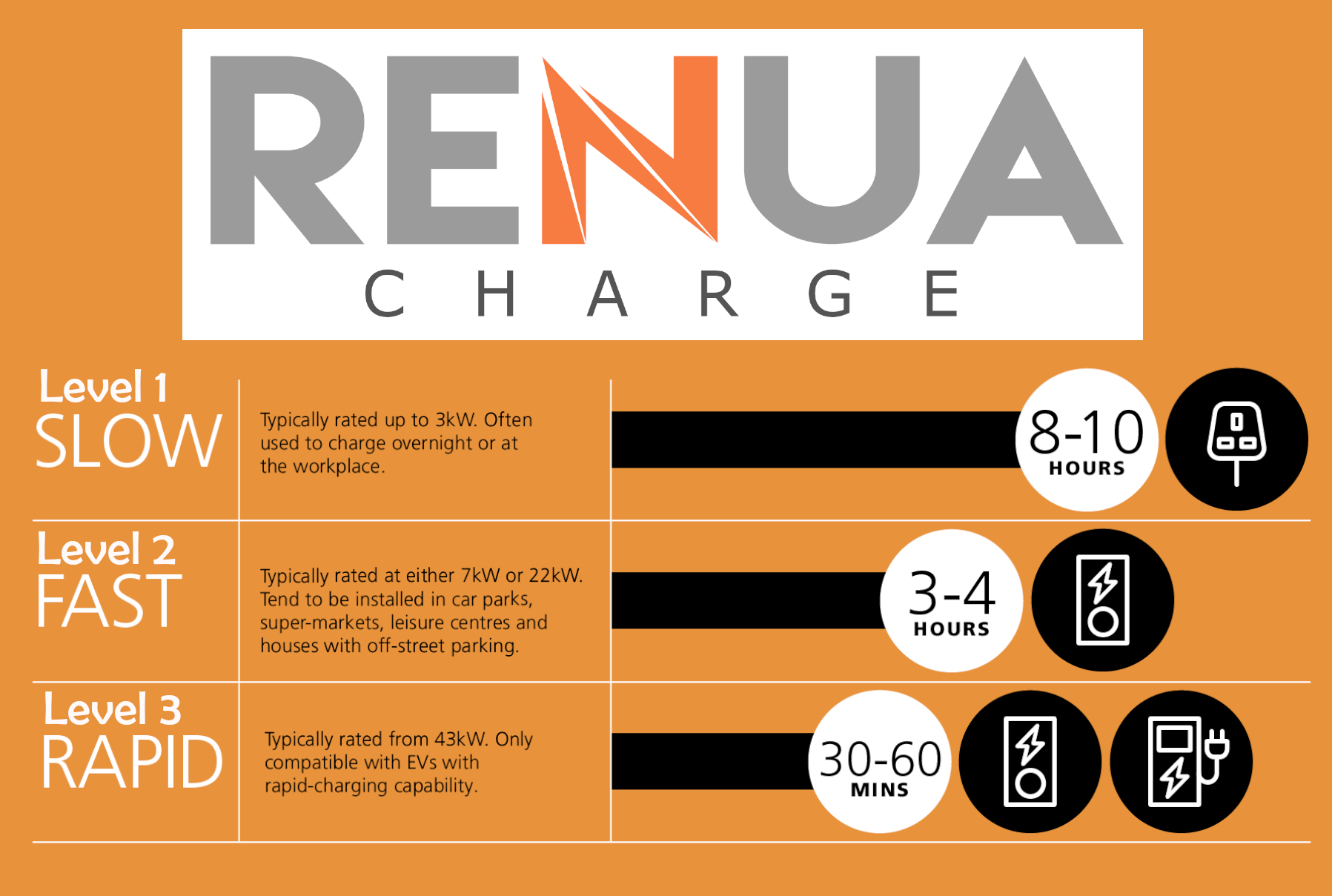
There are a variety of different types of EV charging hardware available on the market today, and each has its own set of advantages and disadvantages. It's important to choose the right type of technology for your business needs before you make any investments. Here are some general tips that will help you make this decision:.
- First, identify how many vehicles you plan on charging at once. This will help you determine which type of EV Charging Hardware is best suited for your needs.
- Second, consider how often your customers will be visiting your store or office location. If they'll be visiting frequently, then they may benefit from an AC charger instead of a DC charger.
- Third, consider how much power your EV Charging Hardware requires in order to work properly. Make sure that the power supply that you select can handle the wattage requirements necessary for installation and operation.
- Fourth, be sure to contact an electrician or installer who is familiar with EV Charging Hardware so that they can provide accurate recommendations and advice during installation process.
- Finally, consider integrating cloud connectivity into your retail or commercial application so that customers have access to their charge data from anywhere in the world. This not only reduces installation time and costs associated with EV charging hardware, but it also gives customers an easy way to manage their battery life.
Evaluating Installation Requirements For Retail And Commercial Applications
When it comes to choosing the right EV charging hardware for your retail or commercial applications, there are a number of factors to consider. Below, we'll outline some of the key considerations and how they can impact your choice.
First and foremost, you will need to evaluate your installation requirements. While there are a variety of options available, each has its own set of benefits and limitations. For example, if you plan on installing charging hardware outdoors, you will need to consider the weather conditions – heavy rain or snow can damage charging hardware. Additionally, you will need to make sure that the installation is compliant with local regulations.
Next, you will need to decide what type of hardware is required for your application. In general, there are three main types of charging hardware: Level 1 (120V), Level 2 (240V), and Level 3 (480V). Level 1 chargers are used for small devices like phones and tablets while level 2 chargers are more commonly found in homes and businesses and can charge larger devices like laptops and electric cars. Finally, level 3 chargers are used mainly in commercial establishments like hotels and restaurants where high-power charging is needed for large electronics such as refrigerators or microwaves.
Installation considerations specific to each application also play an important role in choosing the right ev charging hardware. For example, if you plan on installing ev charging infrastructure indoors near a wall outlet or in a parking lot, you will need to make sure that the wiring is able to handle high currents safely. Additionally, if your application requires outdoor installation – such as at a store –you will need to take into account wind speeds and weather conditions so that equipment doesn't get damaged during transport or while being installed.
Finally, when designing an optimal EV charging experience for customers using smart technology like Tesla's home battery packs or Nissan's e-NV200 autonomous vehicles, it's important to take into account design requirements such as space constraints or customer preferences regarding visual aesthetics. You also want to ensure that supporting infrastructure like software is available so that customers can use all the features offered by your smart charger without any issues.
In addition to all these considerations -and more- monitoring the performance of charging equipment is essential to protect users and maintain optimal operation of their systems regardless of the time of the year or weather conditions in the state of the earth during the time of use (euphemistically called smart metering). One common measurement is the detailed power output.
Best Practices For Choosing And Installing EV Charging Stations
Choosing the right EV charging hardware for your business is an important decision. Not only will this equipment help you to reduce your electricity costs, but it can also improve employee productivity and safety. In this section, we will outline some of the best practices for choosing and installing EV charging stations.
First, it's important to analyze electricity costs for different hardware options. Once you have determined your needs, it's then time to assess which type of charging station is best for your business. There are two main types of charging stations – DC Fast Charging and Level 2/AC Charging. Each has its own advantages and disadvantages, so it's important to choose the right one for your specific needs.
Another important consideration when choosing an EV charging station is whether or not you will need access to a power outlet in addition to the EV charger itself. If you plan on using level 2/AC chargers in a commercial setting, you'll likely need to install additional outlets nearby as well as switch over your wiring configuration accordingly. And lastly, make sure that you are aware of any regulatory requirements or guidelines related to installation and use of EV charging stations in commercial settings. This information can be found in various online resources or by speaking with a local permitting authority representative.
In terms of maintenance and repair plans for EV charging stations, it's always advisable to have a backup plan in place in case something goes wrong with your equipment during normal use. Additionally, consider setting up regular maintenance schedules for the chargers themselves so that they're running at their optimal performance all the time. And finally, be sure to keep copies of all paperwork related to the installation – this includes any permits that may have been required!
We Are Hardware Agnostic
Unlike many in the field, we maintain an agnostic posture when it comes to the rapidly evolving charging hardware landscape. Our sole focus is on customer satisfaction and that means that we can procure and install hardware on behalf of our customer or we can install hardware of the customer's choosing. We maintain pricing transparency on the hardware portion of any project and choose to not mark up hardware prices. Instead, we focus on what we do very well and that's the entire process from project design through installation and commissioning.
Wrap Up
Electric vehicle (EV) charging stations are becoming increasingly popular, and for good reason. By investing in quality charging hardware and following the best practices for installation, you can ensure that your EV charging station is a reliable source of power for your customers or employees. Whether you're looking to install an EV charger at a retail store or in a commercial setting, understanding the hardware requirements and installation process will help make the transition easier.

Renua Energy is a federally and state certified SDVOSB providing solar development project resources and electric vehicle service equipment project development.




